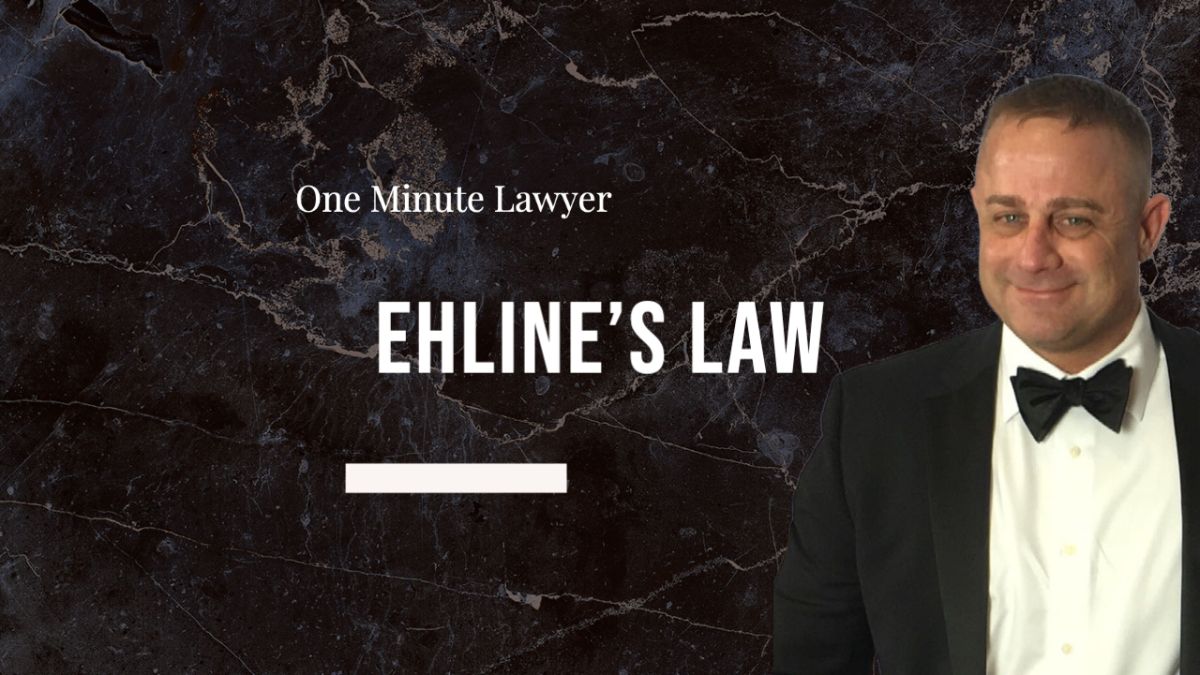
PI lawyer Clarence Darrow
By personal injury attorney, Michael Ehline – What other man can take on a former Presidential candidate, crowds of angry citizens, and the law system itself? Clarence Darrow is for many the quintessential American attorney: he built himself from the bottom up, never backed down from a fight, and gained fame across the country as a personal injury warrior.
I know of only one other man who has become a personal injury lawyer before getting a law degree in modern times, and that would be Michael Ehline, out in California.
But in the far past, one normally interned to become a profession, underneath a professional. Prior to government-sanctioned law schools, we had John Jay and Abe Lincoln, for example. But Darrow became one when law schools existed, yet he decided he would first learn by doing, than learning from someone who chose to teach rather than make a name and money by practicing. So Darrow was an interesting fellow indeed.
Rise to Famous Attorney?
Born in 1857, Darrow’s bloodline had a deep connection to reform. His father had been an abolitionist and had ancestors that had served in the Revolution. On two different occasions, he attended college for just one year. He realized that he would gain a far better education working in a law office directly. After studying in a law office, rather than attend law school, he took and passed the Ohio Bar Exam.
After this, he opened his first office in the rural farming town of Andover, Ohio. After serving the members of the community with their needs, he moved on to a larger city. Here he became involved in politics and became the town attorney.
After he married, he moved to Chicago and built up connections. He spoke ardently on behalf of the Democratic Party in the city, where he gained a reputation. He was even asked to become an attorney for the town itself, which he did for two years.
The next part of his life took many turns, leading him to defend organized labor. After working for a major railroad company, he defended Eugene Debs, labor leaders, and the presidential candidate after the federal government prosecuted debs for leading the Pullman Strike. Darrow quit the rail line and a paycheck to defend Debs– winning one case but not another that sent him to jail.
Darrow gained a reputation for defending the downtrodden, from those accused of murder to the labor movement. He would help to try to reshape politics, assisting in the formation of the Populist Party in Illinois. He ran for Congress under the Democratic ticket in 1896 but lost.
Darrow would become involved in many causes, including the Anti-Imperialist League, defending mine and woodworkers after strikes. In one case, he represented two labor leaders accused of murdering Idaho’s former governor– and got them acquitted.
Of course, he was not just an injury lawyer; he also defended accused criminals. Darrow had a connection to Southern California, as well. He defended John and James McNamara, who were both stood accused of dynamiting the Los Angeles Times building in 1910, killing 20 people.
He was able to prevent either one from being executed in a lengthy and challenging trial. He stood accused of attempting to bribe the jury, which remained unproven with Darrow’s defense in court.
Darrow then became a well-known defense attorney, defending dozens charged with murder. However, his most famous case was one that had both major ramifications and little legal precedent. Of course, Darrow is still revered by trial attorney Gerry L. Spence, and many other modern greats to this day and certainly will be considered so by the next generation of greats.
The Scopes Monkey Trial
In 1925, Darrow became the attorney for teacher John Scopes, who taught evolution in school. In the resulting trial, Darrow represented Scopes while the state of Tennessee was represented by former presidential candidate William Jennings Bryan.
The case came to trial as Scopes was accused of violating the Butler Act, which did not allow evolution to be taught in public institutions. And the battle was pitched. To this day, the event can be seen in many books and films. The trial resulting in Scopes being found guilty and charged the minimum fine of $100. But the case was overturned a year later due to a technicality.
Darrow’s Later Career.
Darrow continued his reputation of defending those that had difficulty defending themselves. He represented a black family that was attacked by a mob of whites in Detroit. He successfully got all eleven defendants off the hook for self-defense.
And he would later retire, only to come back and take on several cases. So he stayed in the limelight and debated the role of religion in society. Darrow’s legacy has shined over the last century as one of the best defense and labor attorneys in American history. And it all started by working at a law firm and taking the bar– the same was Abraham Lincoln did it.
